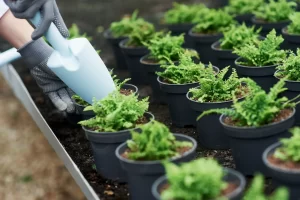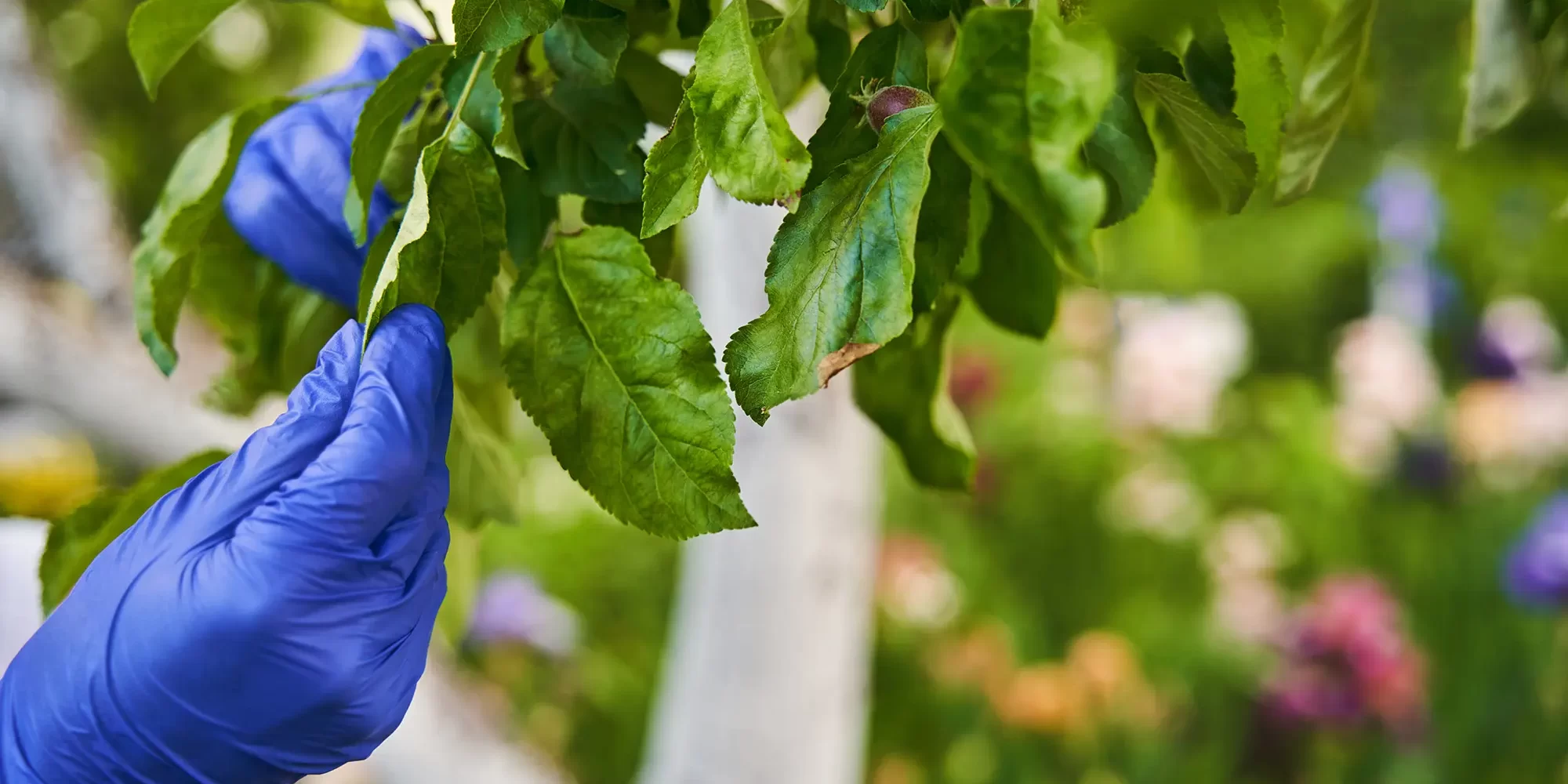In today’s horticultural industry, growers face increasing pressure to reduce pesticide use while maintaining high-quality, healthy crops.
One powerful yet often overlooked strategy is to improve water quality at the source.
Chlorine Dioxide (ClO₂) has emerged as a highly effective tool for keeping irrigation systems pathogen-free, promoting healthier plants, and ultimately reducing the reliance on chemical pesticides.
The Importance of Water Quality in Horticulture
 Water plays a vital role in plant health, especially in greenhouse and nursery operations where irrigation is frequent and intensive. However, untreated irrigation water can serve as a vector for the spread of harmful plant pathogens such as Pythium, Phytophthora, and bacterial wilt. Contaminated water can quickly lead to disease outbreaks, forcing growers to resort to higher levels of fungicides and pesticides.
Water plays a vital role in plant health, especially in greenhouse and nursery operations where irrigation is frequent and intensive. However, untreated irrigation water can serve as a vector for the spread of harmful plant pathogens such as Pythium, Phytophthora, and bacterial wilt. Contaminated water can quickly lead to disease outbreaks, forcing growers to resort to higher levels of fungicides and pesticides.
By maintaining clean irrigation systems and pathogen-free water, Chlorine Dioxide significantly reduces the initial disease pressure on crops, supporting more natural and resilient plant growth.
How Chlorine Dioxide Reduces Pesticide Dependency
Chlorine Dioxide offers a proactive approach to disease control, targeting pathogens at their source—before they infect plants. Here’s how ClO₂ helps reduce the need for pesticides in horticulture:
- Effective Pathogen Elimination
ClO₂ destroys bacteria, viruses, fungi, and algae in irrigation water and delivery systems. By preventing the spread of these pathogens, the need for reactive pesticide treatments decreases significantly. - Biofilm Control in Irrigation Lines
Biofilms harbour harmful microorganisms and protect them from standard disinfectants. Chlorine Dioxide penetrates and removes biofilms within irrigation systems, ensuring clean water flow and reducing the likelihood of disease outbreaks. - Healthier Plants, Naturally
Healthier plants with strong root systems and less exposure to pathogens are more resilient and less dependent on chemical interventions for survival. Chlorine Dioxide-treated water promotes vigorous, uniform crop growth. - Reduced Secondary Infections
With fewer primary infections due to pathogen-free water, the incidence of secondary diseases—those that require aggressive pesticide regimes—is also reduced.
Benefits of Chlorine Dioxide in Horticulture
- Environmentally Friendly
ClO₂ decomposes into harmless by-products without creating toxic residues, supporting sustainable growing practices and helping to meet regulatory standards for pesticide reduction. - Wide pH Range Effectiveness
Chlorine Dioxide remains effective in water with a pH range of 4 to 10, offering consistent performance without the need for constant pH adjustments. - Cost-Effective Solution
Reducing pesticide usage translates into direct cost savings. In addition, improved crop quality and yield from healthier plants enhance profitability. - Safe for Crops and Infrastructure
At recommended dosages, ClO₂ is safe for plants and does not corrode irrigation infrastructure, making it a long-term solution for modern horticultural operations.
Incorporating Chlorine Dioxide into horticultural water management practices offers a strategic way to minimise pesticide reliance, protect plant health, and support more sustainable agriculture. By targeting waterborne pathogens at the source, growers can cultivate stronger, healthier plants with reduced chemical inputs, meeting both market and environmental expectations. Contact Scotmas to learn more about our Chlorine Dioxide solutions for horticulture and how we can help you achieve cleaner water, healthier plants, and more sustainable growing practices.






